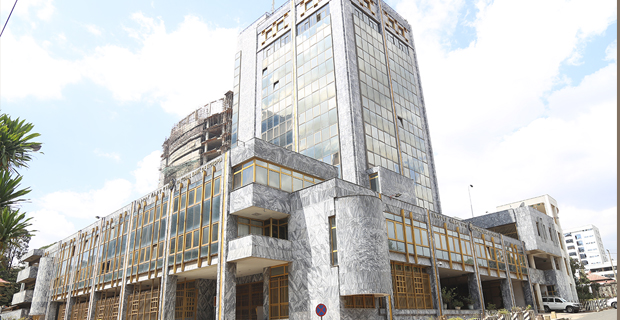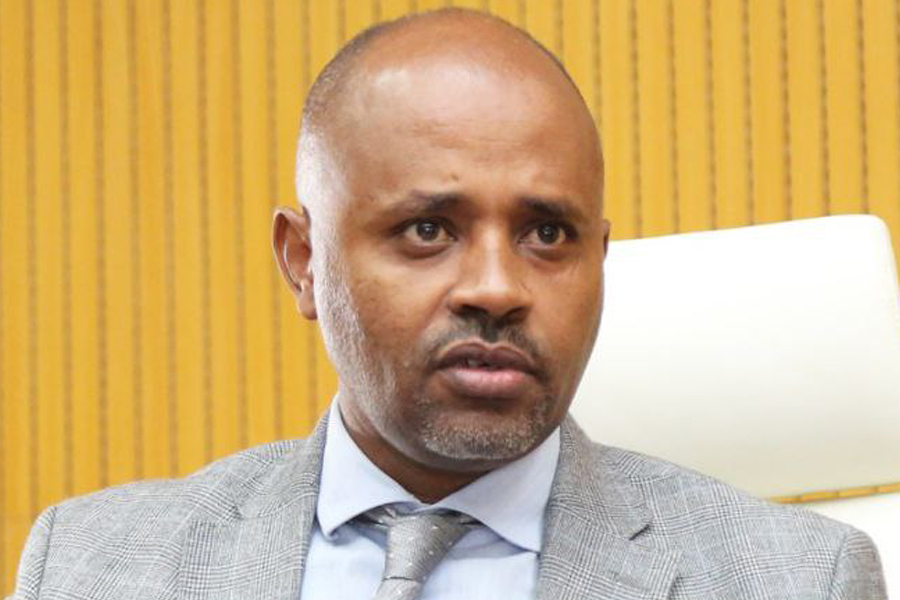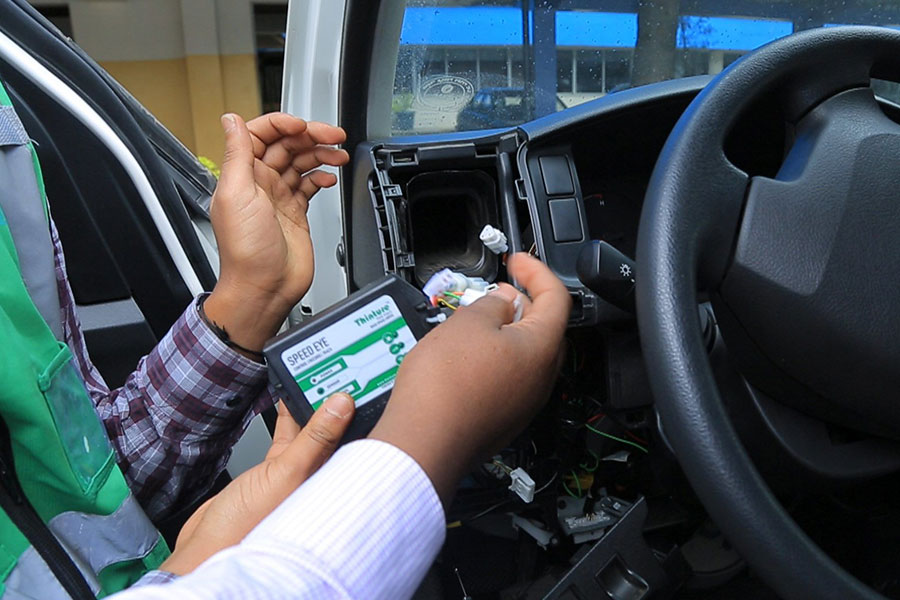
Fortune News | Nov 27,2018
Public transport regulators have put on hold the mandatory requirement imposed on vehicles in mass transportation to install GPS tracking devices. The decision comes four months after officials at the Ministry of Transport & Logistics prescribed installing tracking devices to enforce the federal government’s petroleum subsidy phase-out and curb the anticipated illicit fuel trade.
Federal authorities attempted to compel nearly half a million buses, and minibus taxis with license plate codes 1 and 3 to install the devices. However, the requirement has been suspended indefinitely, disclosed Kedilmagist Ibrahim, the Ministry’s head of drivers and vehicles directorate.
Officials say they need more time to accommodate the needs of the transport vehicles.
“It’s not possible to enforce GPS installation based on the previous schedule,” said Alazar Yirdaw, director of public transport at the Addis Abeba Transport Bureau.
Thirteen taxi associations representing 8,000 taxi owners in the capital had lodged complaints with the Bureau. They petitioned to have the GPS scheme suspended as many members could not afford to install the devices, says Zerihun Desalegn, president of the 340-member Zebra Taxi Owners’ Association.
GPS tracking devices cost anywhere between 17,000 Br to 25,000 Br apiece.
Although the devices would allow access to real-time information on vehicles’ locations, routes, and speeds, officials found the Telebirr mobile money platform is sufficient to prevent potential illicit trade. Initially, they had planned to depend on GPS devices to monitor the public transport fleet operating in the dual-rate system the federal government implements at pumping stations. Over 1,000 fuel stations have been registered on the Telebirr platform run by the state-owned Ethio telecom.
According to Endale Demeku, director of logistics at the Ministry of Transport, the payment platform is functioning adequately.
“It’s useful to monitor the daily and monthly fuel intake of vehicles,” he said.
Federal transport authorities have set daily fuel quotas for public transport service providers. Minibus taxis are entitled to 65 litres of gas a day, while midi-buses can buy 102 litres of petrol or diesel. Vehicle owners or drivers pay for their gas using a personalised account on Telebirr. They are refunded based on the subsidised rate, around nine Birr cash back for a litre. Those who exceed the daily fuel quota pay full price. A litre of benzene retails for 47.83 Br; diesel sells for 49.02 Br.
Lemessa Tufa, director of distribution at the Petroleum & Energy Authority, disclosed that half a billion Birr has been deposited into a Telebirr account to cover reimbursements.
Fuel transactions valued at close to 100 million Br were made through Telebirr three weeks after the subsidy lift-off began. Around 14 million Br has been reimbursed to 27,000 transport vehicle owners. Since its launch in May 2021, over 22 million users have registered with Telebirr and made 29.5 billion Br in transactions.
“Part of the revenue that will be collected in the form of excise tax on fuel will be used for a similar purpose,” Lemessa told Fortune.
The federal government plans to collect 2.4 billion Br in excise tax from sales of petroleum products this year.
The decision to suspend the GPS requirement comes as a blow to businesses involved in importing and installing the devices. Close to 40 GPS device providers with a paid-up capital of more than one million Birr had been selected to do the business.
Yared Tesfaye, general manager of an industry lobby group representing over 100 importers of GPS devices and speed limiters, agrees that it is better to take time and prepare adequately before implementing the requirement. He observes similar schemes in the past were doomed from the start.
Yared’s remarks were about a mandatory requirement enforced three years ago on imported vehicles to install speed limiters. Although the requirement aimed to reduce traffic accidents caused by speeding, the authorities suspended it a year after introducing it.
“Previous attempts failed due to the absence of a proper monitoring system,” said Yared.
Financial institutions were also looking to lend to those who must install tracking devices. Lion International Bank has partnered with Keyu Gasha Commission & Promotion Plc to disburse up to 200 million Br in credit to vehicle owners.
The recipients can repay the debt in daily instalments, according to Tsebelle Hadush, vice president of corporate banking.
Abel Hailemariam, major shareholder and general manager of Keyu Gasha Commission & Promotion Plc, hopes officials will reinstate the requirement soon. His company, incorporated two years ago with a capital of 100,000 Br, has struck deals with 12,000 vehicle owners.
PUBLISHED ON
Aug 20,2022 [ VOL
23 , NO
1164]

Fortune News | Nov 27,2018

Featured | Oct 12,2019

Fortune News | Jan 07,2024

Verbatim | Jan 23,2021

Fortune News | Aug 25,2024

Fortune News | Apr 02,2022

Radar | Nov 20,2021

Agenda | Dec 10,2018

Letter To Editor | Nov 16,2019

Fortune News | Aug 14,2021

Dec 22 , 2024 . By TIZITA SHEWAFERAW
Charged with transforming colossal state-owned enterprises into modern and competitiv...

Aug 18 , 2024 . By AKSAH ITALO
Although predictable Yonas Zerihun's job in the ride-hailing service is not immune to...

Jul 28 , 2024 . By TIZITA SHEWAFERAW
Unhabitual, perhaps too many, Samuel Gebreyohannes, 38, used to occasionally enjoy a couple of beers at breakfast. However, he recently swit...

Jul 13 , 2024 . By AKSAH ITALO
Investors who rely on tractors, trucks, and field vehicles for commuting, transporting commodities, and f...

Jul 5 , 2025
Six years ago, Ethiopia was the darling of international liberal commentators. A year...

Jun 28 , 2025
Meseret Damtie, the assertive auditor general, has never been shy about naming names...

Jun 21 , 2025
A well-worn adage says, “Budget is not destiny, but it is direction.” Examining t...

Jun 14 , 2025
Yet again, the Horn of Africa is bracing for trouble. A region already frayed by wars...